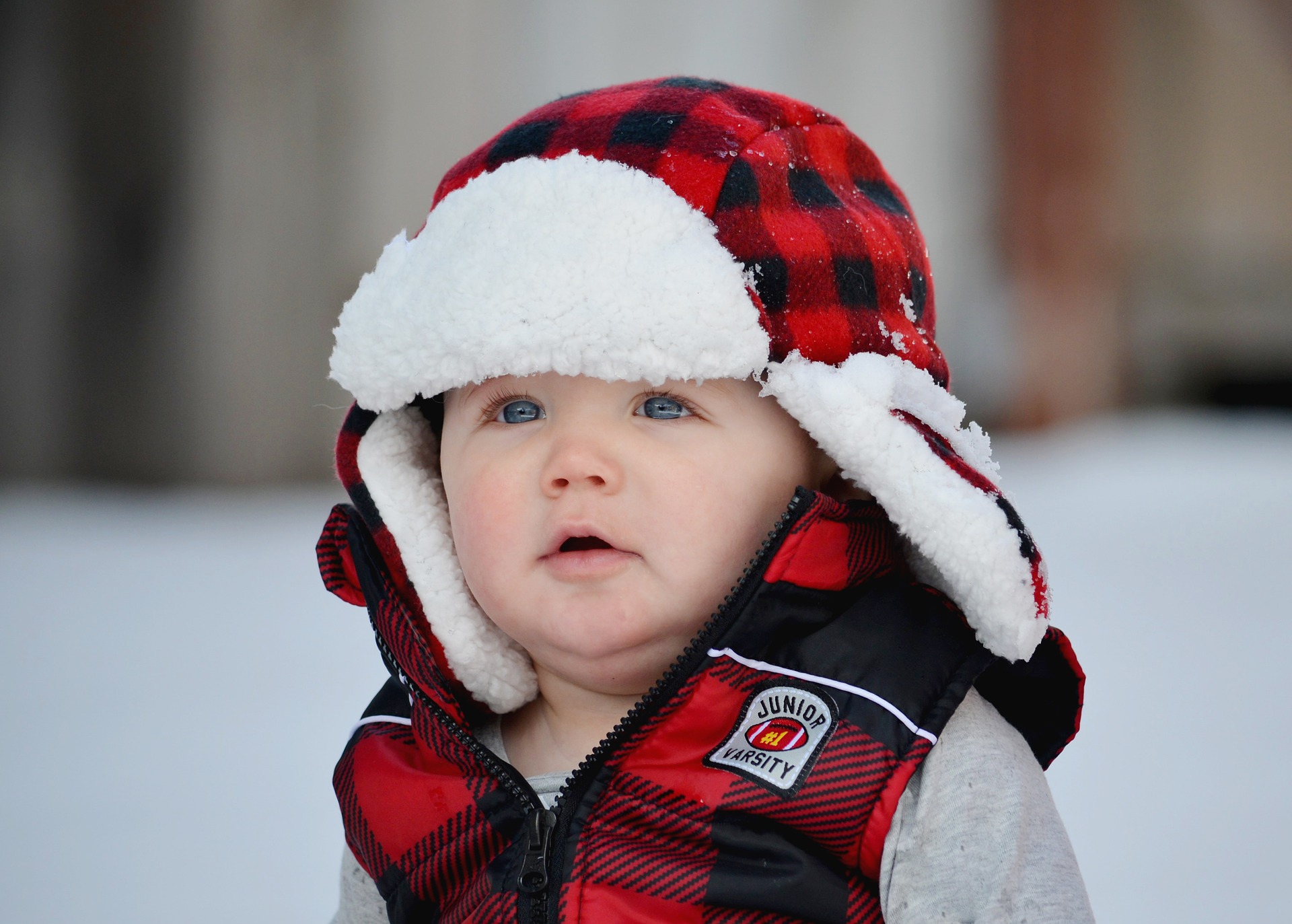
The skin of the newborn differs from that of an adult in several ways and requires special care.
The skin of the baby is very sensitive skin and more prone to skin problems. Their skin requires continued care and support until they reach a point where they can sustain themselves on their own in a better way.
Winters can be difficult for your child as babies are prone to dry skin during winters. Dry skin can cause itching, bleeding, and even a rash. Winter weather can make it more difficult to manage.
As an expert dermatologist with a fellowship in Pediatric Dermatology, Dr. Ritupurna Dash, the Founder of DASH Dermatology gives us insight into the management of dry skin during an interview with Healthwire Media to help parents take care of their baby’s skin during the winter.
• How Does the Winter Weather Affect Baby’s Skin?
Dr. Dash explained that the skin of the newborn differs from that of an adult in several ways. The skin of the newborn is susceptible and sensitive to trauma and infection and requires special care. Atmospheric humidity reduces during the winter, which affects the baby’s skin and makes it dry.
• What are your tips for dry winter skin?
As the cold weather simply depletes your skin of moisture and the cold wind makes your baby skin dry, itchy, and rough. It becomes necessary that your baby gets very careful nourishment and gentle care.
• Winters means dry, scaly skin. Using the Syndet soaps for babies is super important because it provides the necessary hydrating and moisturizing elements your skin so desperately needs.
• Using coconut oil for baby eczema can soothe dryness and provide relief. The moisturizing and anti-fungal properties of coconut oil help prevent the occurrence of rash. It is rich in vitamins and healthy fats and works as a natural moisturizer for the skin.
• Even in the winter it’s important not to overheat as in some children extremes of temperature can flare sensitive skin and eczema. Wearing cotton clothing and dressing in layers is often best.
How often and when should kids be using moisturizers?
There seems to be evolving evidence that regular use of emollients in infancy might help prevent the development of eczema in specific cases. Infants at risk for developing atopic dermatitis showed fewer signs of eczema when treated with a moisturizer head to toe at least once daily.
So, during dry winter months or any season, it certainly can’t hurt to use a moisturizer at least once daily or more than once head to toe.
Things to take care of before giving the bath to your baby in winters
Bathing is an ideal way of cleansing the babies but it is important to get your baby warm before the bath with a thorough massage. Moisturizing your baby with virgin coconut oil prevents dryness after bathing. The water should be lukewarm and the bath of the newborn should not last more than 1 minute. Avoid lathering up too much soap as it may make the skin dry.
When should someone see a doctor?
If your child has dry itchy skin with red patches they might have eczema/atopic dermatitis so it is best to see your doctor. Any dry plaques that become open, weepy, or crusted may be a sign of infection or superinfection and would require appropriate treatment.
See your doctor if the rash doesn’t clear up in two to three day, you may need a prescription treatment.











